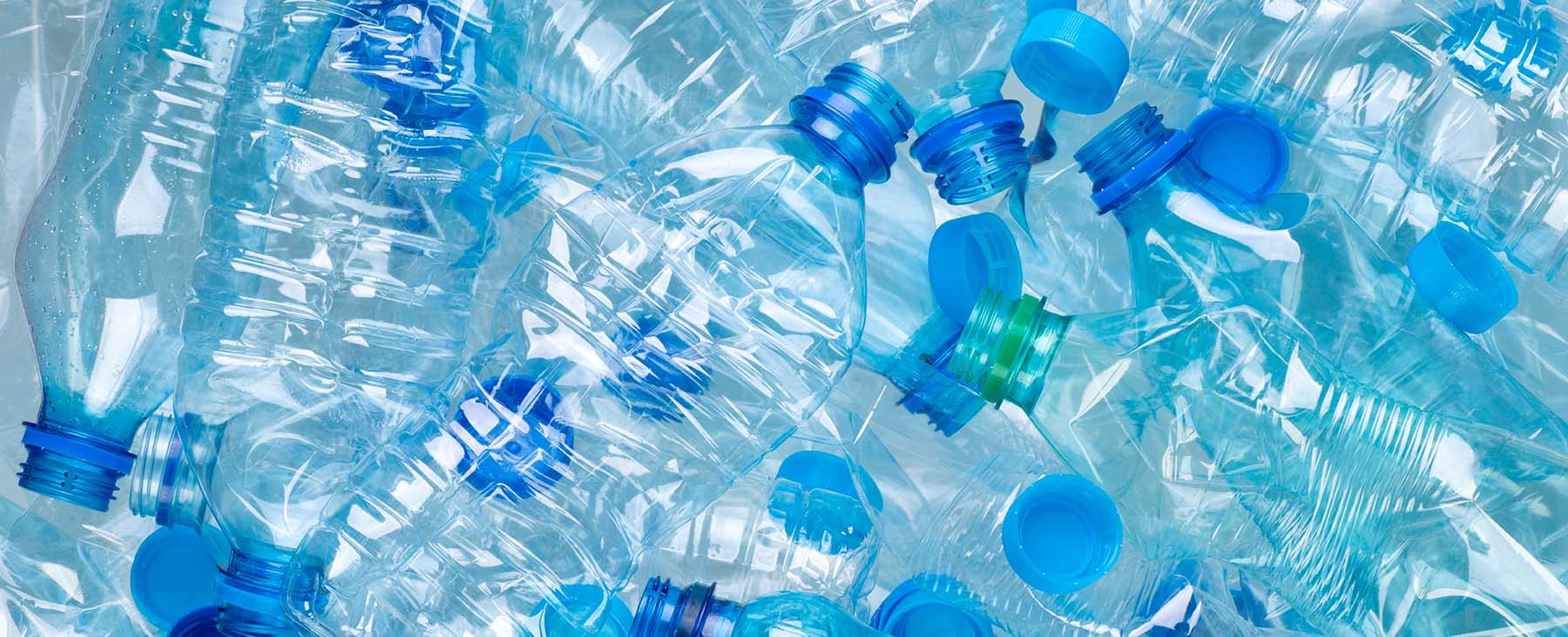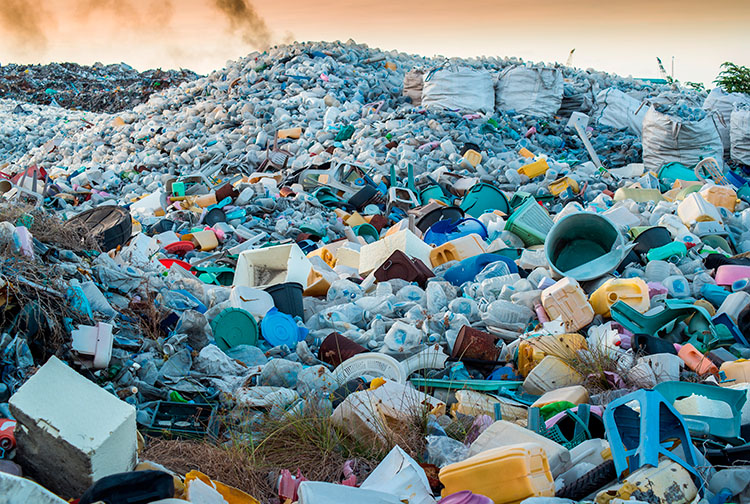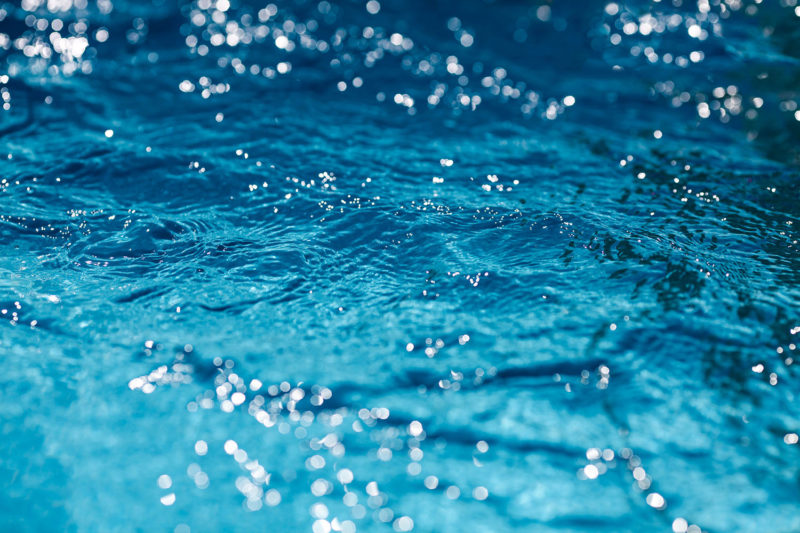

Eco-label: fake fight against plastics
For years, we have been hearing the expression that plastics have taken over the earth. At the same time, recycling culture and environmental awareness are gaining momentum in our society. But in a world where more than 300 tons of plastic are produced every day, is our action enough?
A necessity as basic and vital as drinking water is one of the biggest conservation problems on the planet. While in Third World countries bringing water to the villages is still a challenge, in countries like ours we find ourselves immersed in a dualism in which we have water available from the tap and, at the same time, we consume kilos and kilos of plastic to achieve the same objective: to drink water.
More and more companies are offering alternatives to plastic bottles in order to minimise the ecological footprint and opt for glass or reusable bottles. The question, however, remains the same, in essence, and lies in the origin of this water: if we have water without leaving home, why go outside to fetch it?
Avoiding plastic bottles is a small gesture with a big impact
The single-use plastic culture is growing steadily, and the measures implemented are geared towards recycling to improve waste management. An essential action for the conservation of the planet, but insufficient considering the focus of the problem: more than 350 million tonnes of plastic produced, according to the latest data from Plastics Europe in 2019.
Of these plastics, most of which will be used for a single purpose, only around 25% of packaging in Spain is recycled, according to data from Greenpeace Spain. The vast remainder ends up in rivers, seas, and landfills, or is even burned. The question, then, is to find alternatives so that products such as basic foodstuffs or water do not require plastics which, in addition to the environmental and economic cost they can entail, can even have harmful consequences in terms of our health.
What is behind a plastic bottle?
Behind every bottle we buy there is a life cycle that generates a significant, and often avoidable, environmental impact. It starts with the origin and manufacture of the plastic, including where and how it is sourced. Then there is the manufacture of the product and the location, which will be closely linked to transport costs and the production and distribution centres that may be needed.
Therefore, by the time we hold a bottle of water in our hand, that product has already caused an environmental impact that we will never be able to count. At this point, opting for a bottle made from recycled plastic or other more environmentally friendly materials can help the future of that container, and avoid generating yet another waste product that, in the case of the bottle, can take up to 500 years to decompose. But even eco-friendly materials do not ensure a positive environmental impact.
Green materials also have an impact
Be warned that biodegradable materials can have just as much of an environmental impact as the creation of plastics, even if it is only to produce and process the naturally occurring materials needed to produce them. Greenpeace warns that the final product, despite having a base of vegetable origin, often ends up containing bioplastic, which manages to reduce the cost without renouncing the ecological seal.
This data places us in a new scenario in which consumers have a lot to say, and above all to do. In addition to recycling, there is an even more important objective of avoiding plastic consumption. Bringing this into our daily lives can be a big step forward on an environmental scale, but it can also have a positive impact on our economy.
If you want to discover how to drink the best water, save money and help the planet, go to 11Onze Essentials.





Hem de canviar molts costums.
Per millorar coses sempre hi serem a temps, la qüestió és fer-ho… Moltes gràcies pel teu comentari, Pere!!!
Hauríem de tornar al vidre; líquids com la llet, els sucs, l’aigua, les cerveses… i retornar embasos com es feia quan jo era petita
Seria genial, reutilitzar i en vidre, molt més net. Gràcies, Laura.
Gràcies per aquesta informació
Gràcies a tu, Alícia, per apreciar-ho!
O fan una normativa més rigurosa o això servirà de poc.
Per descomptat, els que manen són els que tenen la gran responsabilitat de fer que minvi aquest excés en què ens trobem. Gràcies, Manuel.
Calen mesures mès eficaces contra el plastic, de res serveix etiquetar-los si no hi ha alternativa seriosa.
Totalment d’acord Jordi, per això al final sempre cau la responsabilitat en l’usuari final, intentant com es pugui consumir-ne el mínim possible. Gràcies pel teu comentari.
Per reflexionar.
Doncs, sí, Pere. Anem descobrint progressivament tot l’impacte real de la indústria i, a la vegada, el poder que tenim de canviar les coses amb les nostres opcions de compra.
Gràcies pel teu comentari!
Es que això de les etiquetes és tot un món….
Del tot d’acord, Mercè! Una simple etiqueta té unes implicacions al llarg de tota la cadena de producció i distribució de què sovint no som conscients.
Gràcies per la teva reflexió!